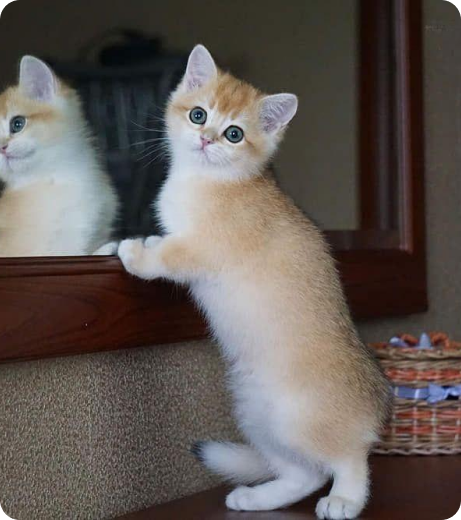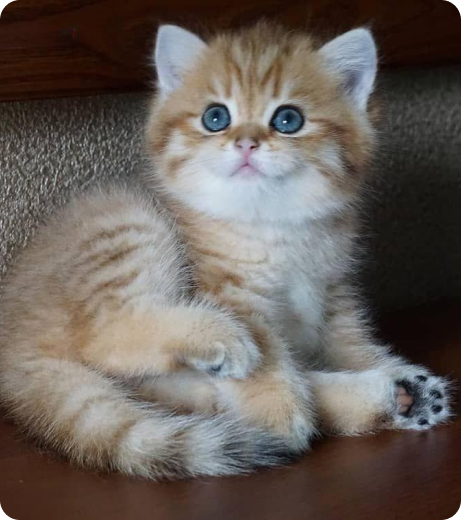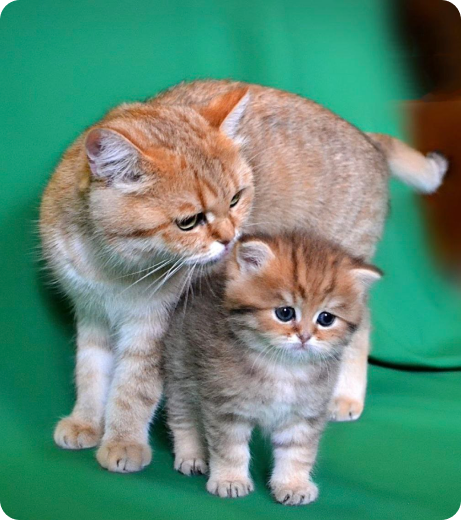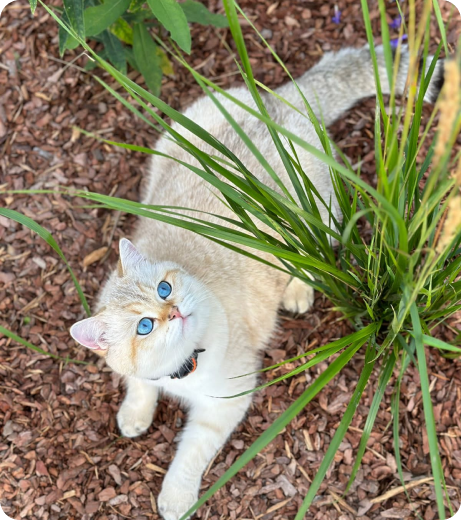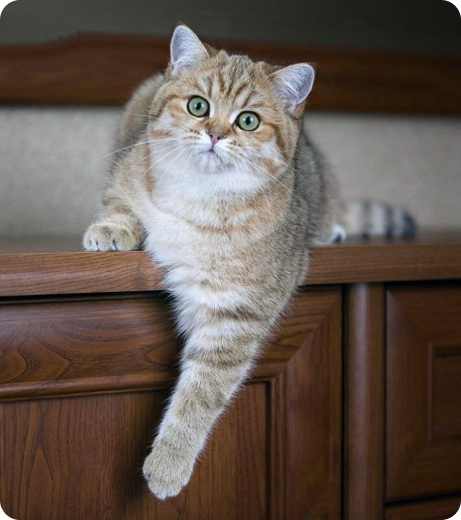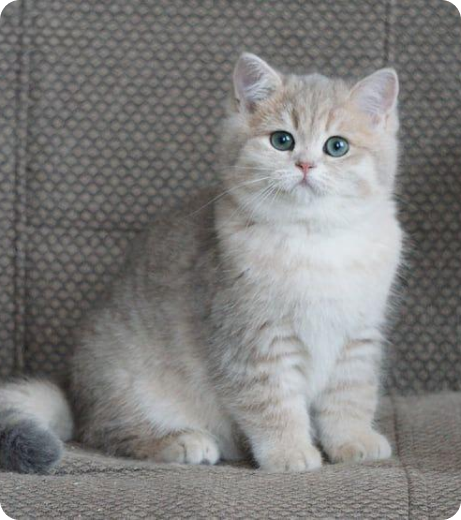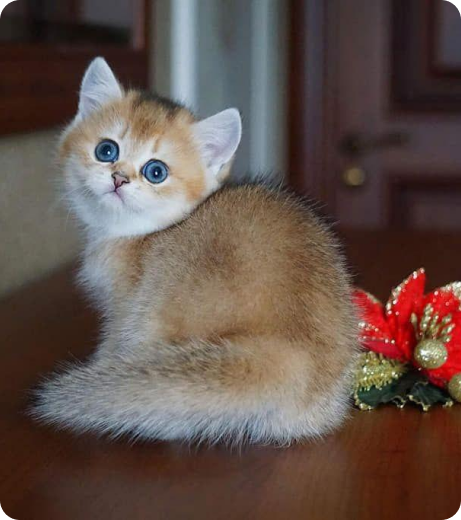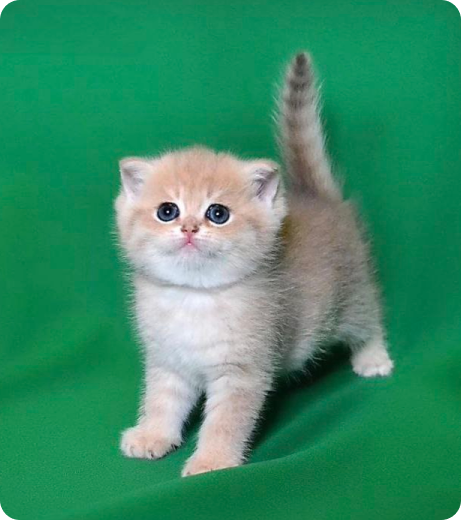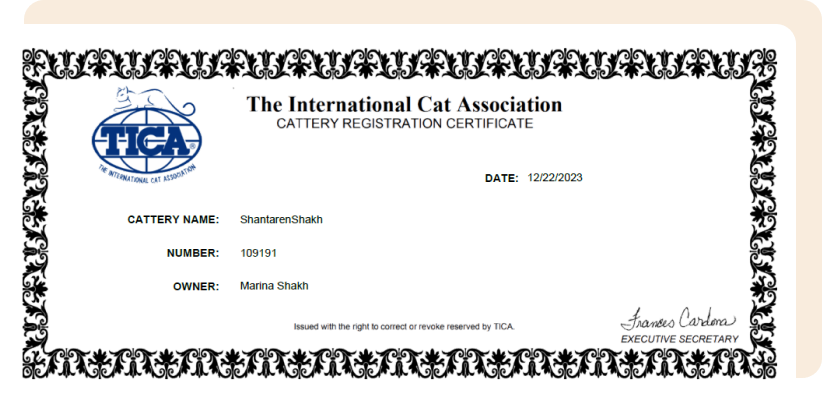British Shorthair & Longhair Kittens for Sale in
Northern California
Golden & Chinchilla colors — lovingly raised in our family
Health-Tested • Well-Socialized • Delivery Available


Breed Information
Why British Cats?
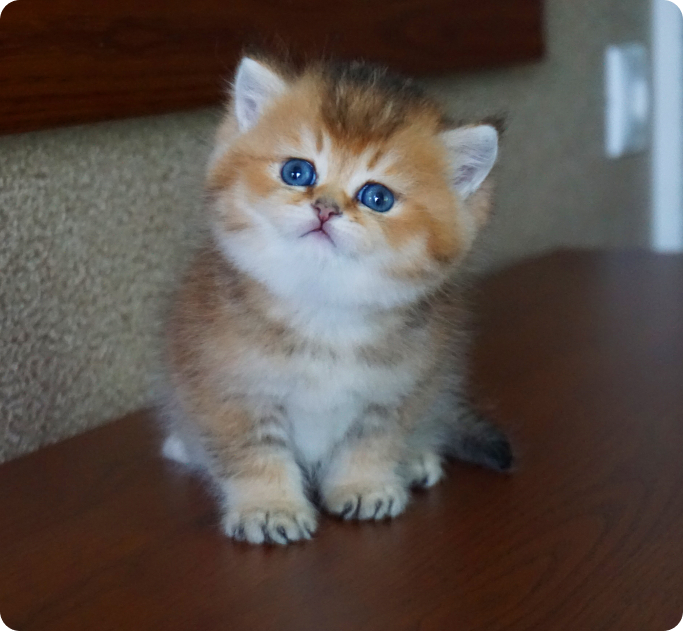
Meet The Kittens:
Choose Your British Kitten

2500
boy
adopted
DILAN
DOB 05/06/2025 Shorthair Golden British Chinchilla boy. Very affectionate and tame kitten loves to sit and sleep on your lap. Vaccinated according to age, trained to use a litter box and scratching post, ready to move to a new loving home
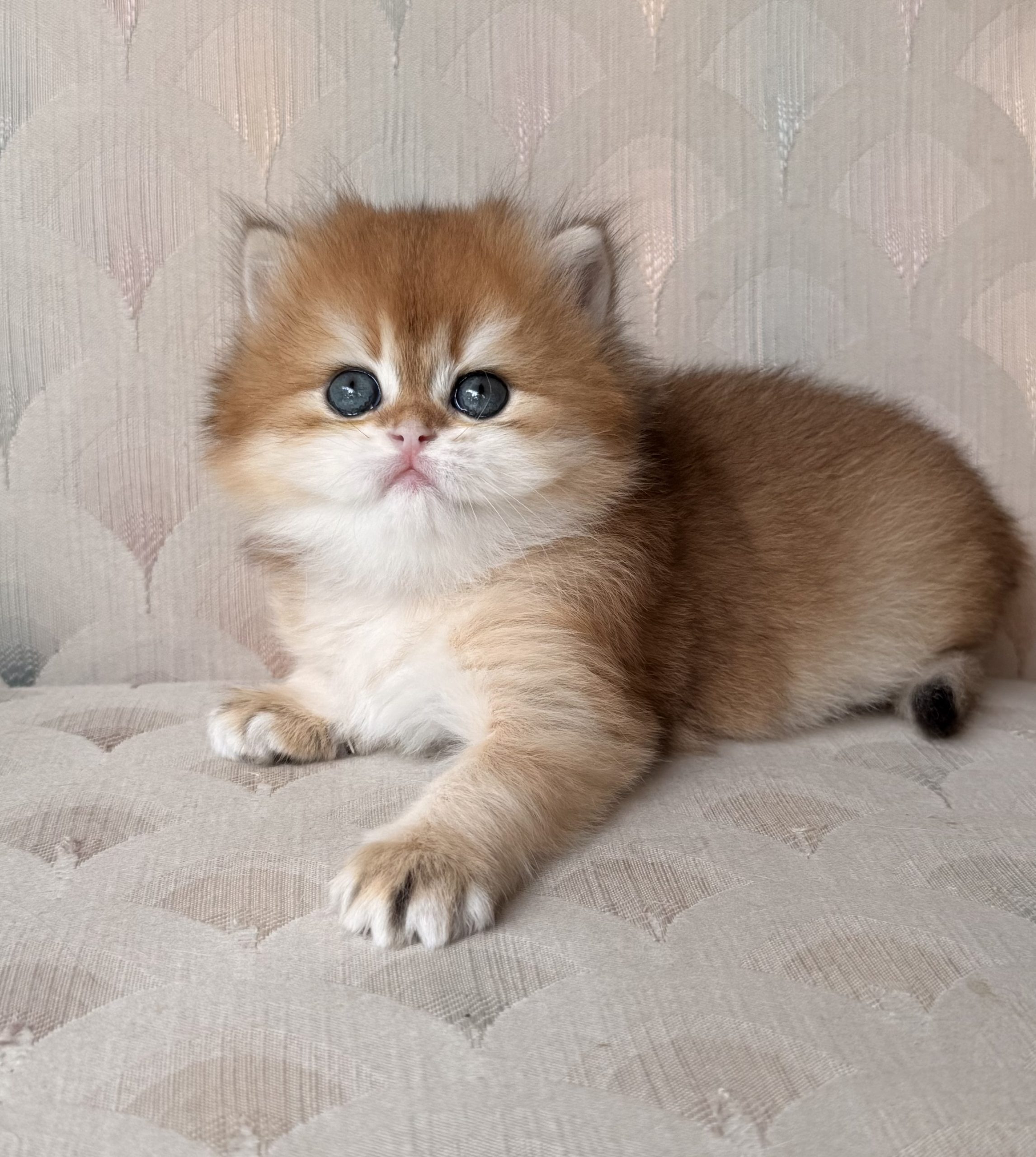
$4000
girl
adopted
Esma
DOB 08/26/2025 Longthair British Golden Chinchilla Female Kitten, affectionate playful & very beautiful! .Will be ready to move to her new loving home November 26, 2025
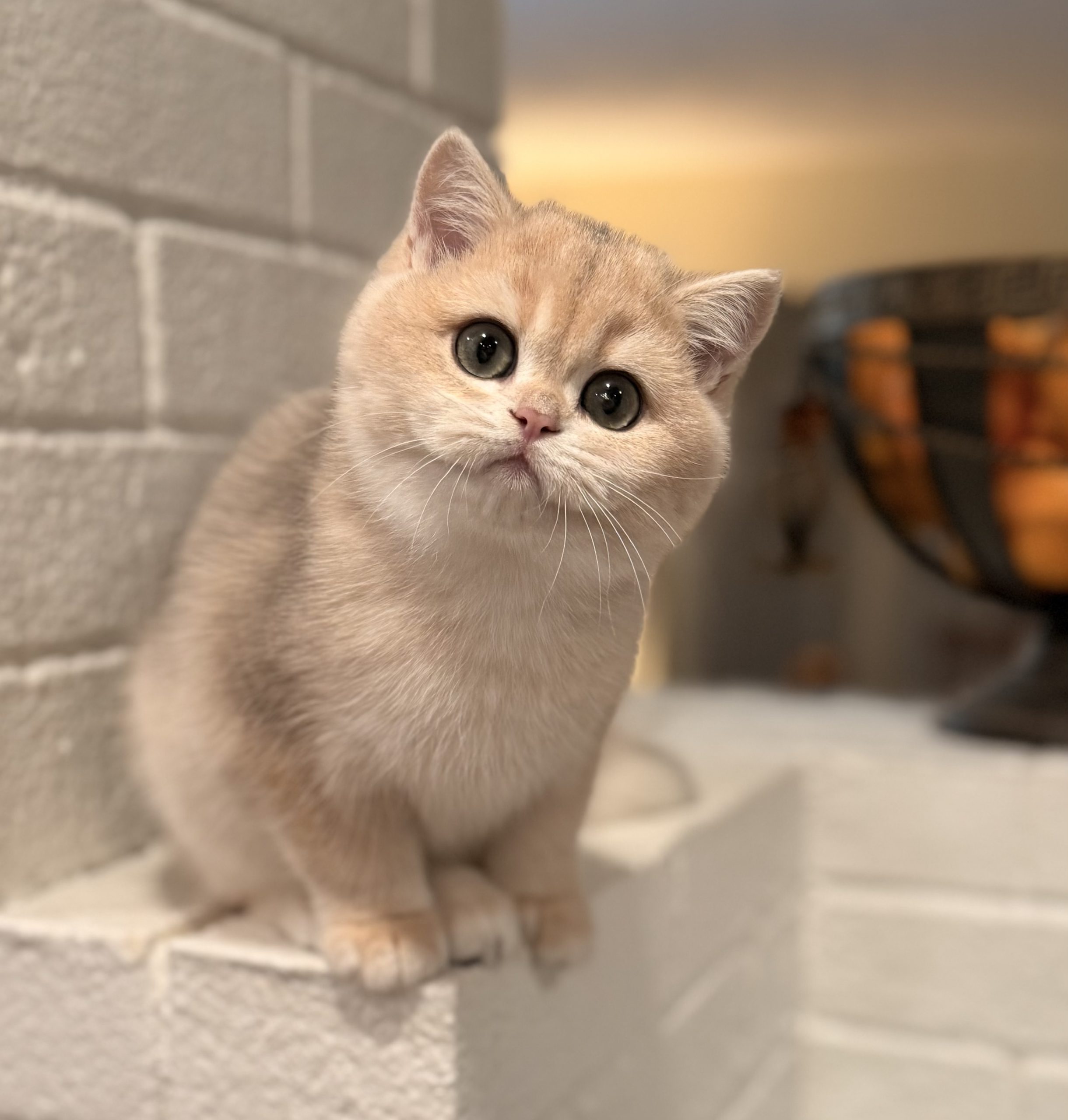
2500
girl
adopted
Emily
DOB 08/26/2025 Shorthair British Blue Golden Chinchilla Female Kitten, affectionate & playful! Little teddy bear with a very nice face. Will be ready to move to her new loving home November 26, 2025
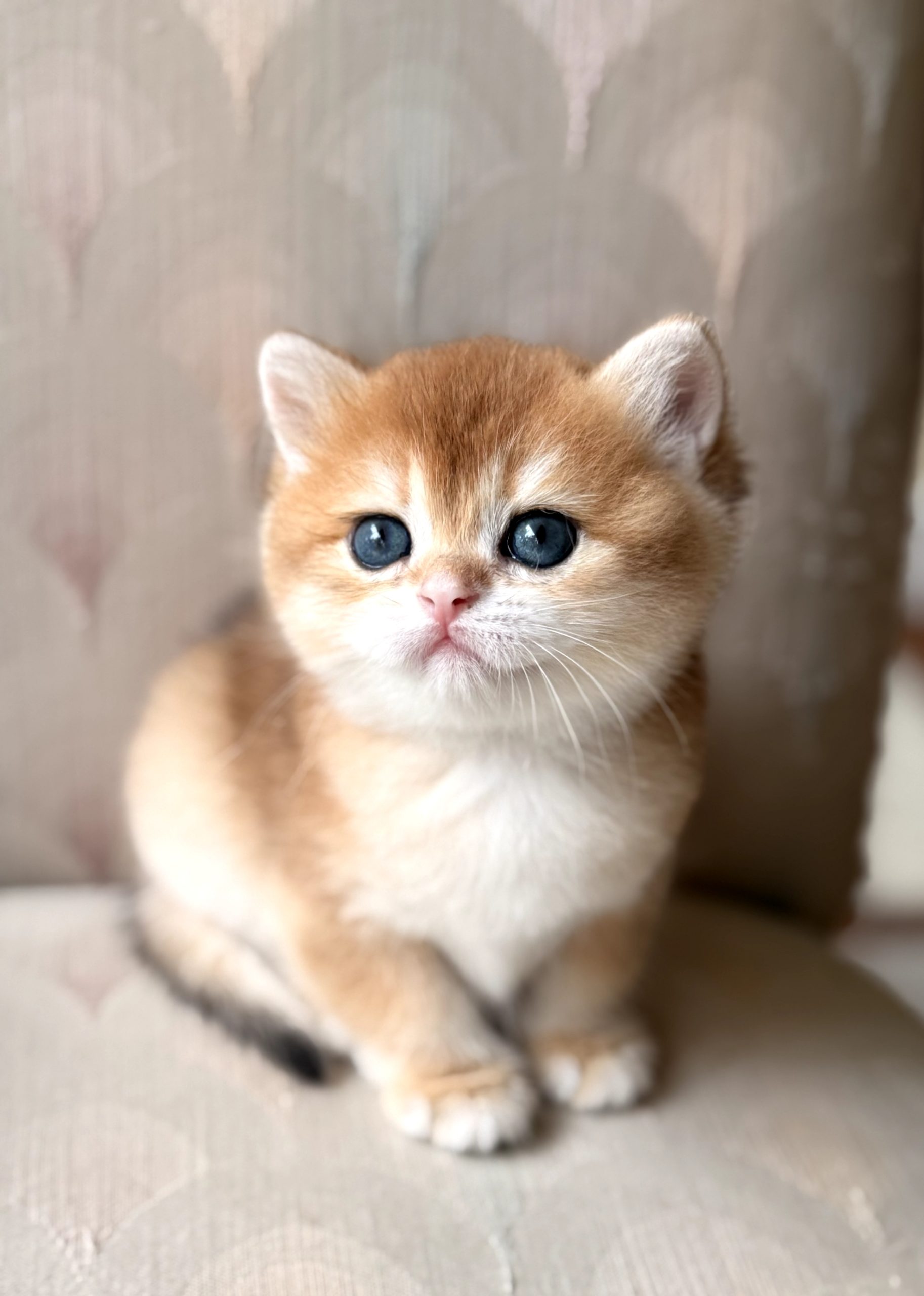
$2500
girl
adopted
Elica
DOB 08/26/2025 Shorthair British Golden Chinchilla Female Kitten, affectionate & playful! .Will be ready to move to her new loving home November 26, 2025

-
girl
adopted
Cherry
DOB 04/23/2024 Red Golden Chinchilla. The girl is offered due to a change in the breeding program. She is very affectionate, has a good character, is very kind, playful, and loves to be around.
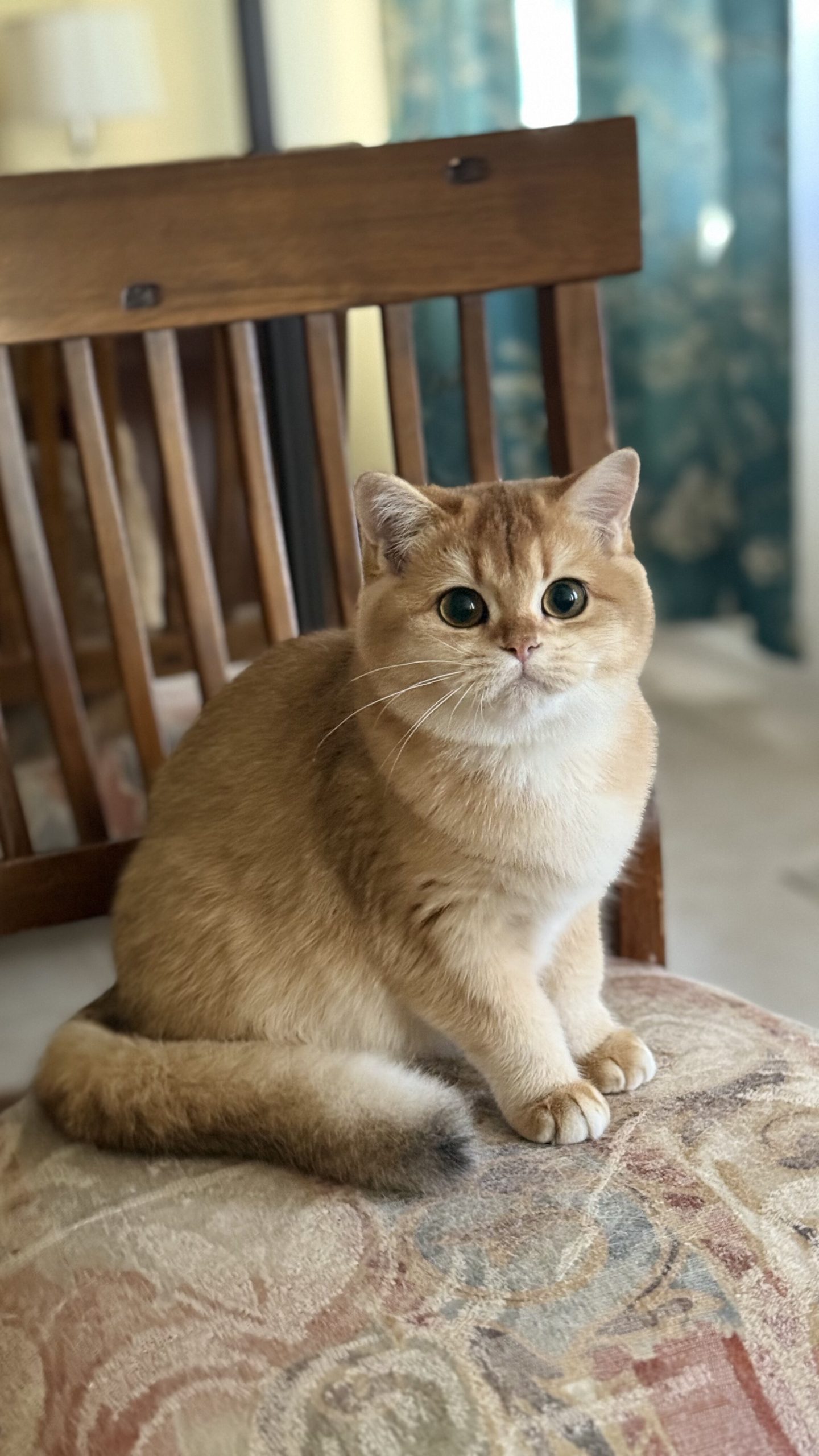
-
girl
adopted
GRETA
Greta is a very beautiful cat. She is like a small teddy bear, very affectionate, she loves to sit on your lap and purr.
Meet The Parents:
Assurance of Quality and Health
*All parents are TICA and WCF registered and come from prominent European pedigrees, ensuring exceptional quality.
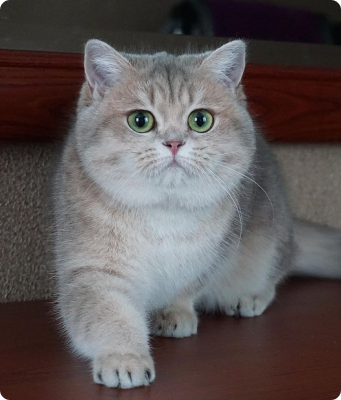
British Shorthair
Blue Golden
ay 11
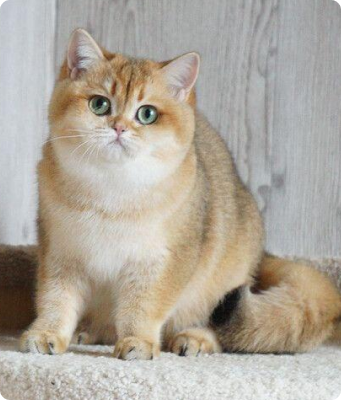
British Shorthair
Golden Shaded
ny 11
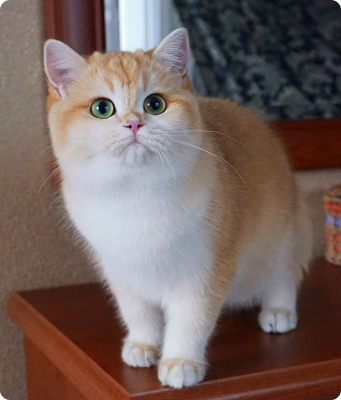
British Shorthair
Golden Chinchilla
ny 12
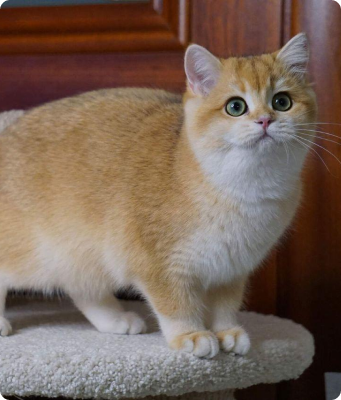
British Shorthair
Golden Chinchilla
ny 12
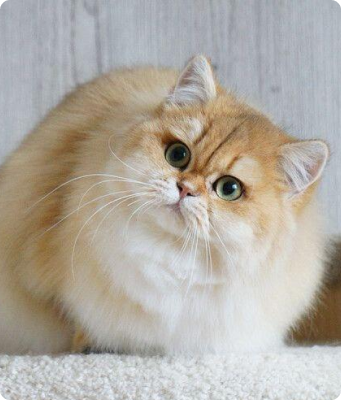
British Longhair
Golden
ny 11
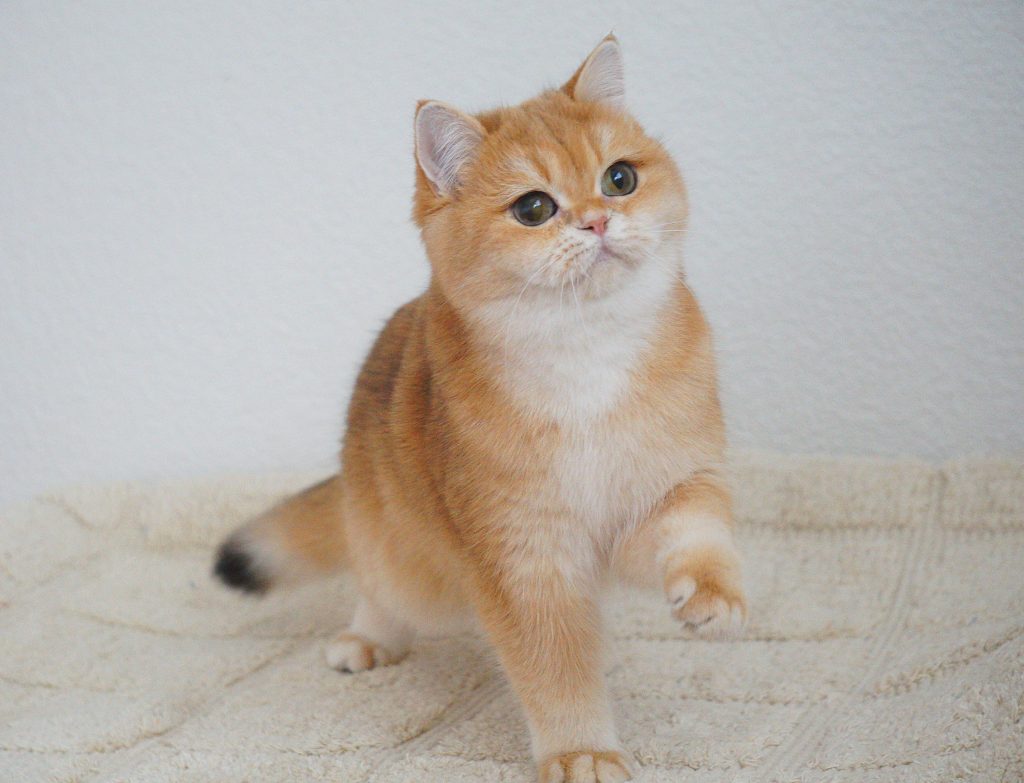
British Shorthair
Golden
ny 12
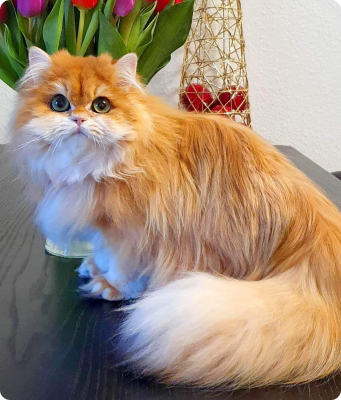
Long hair
British golden
ny 12
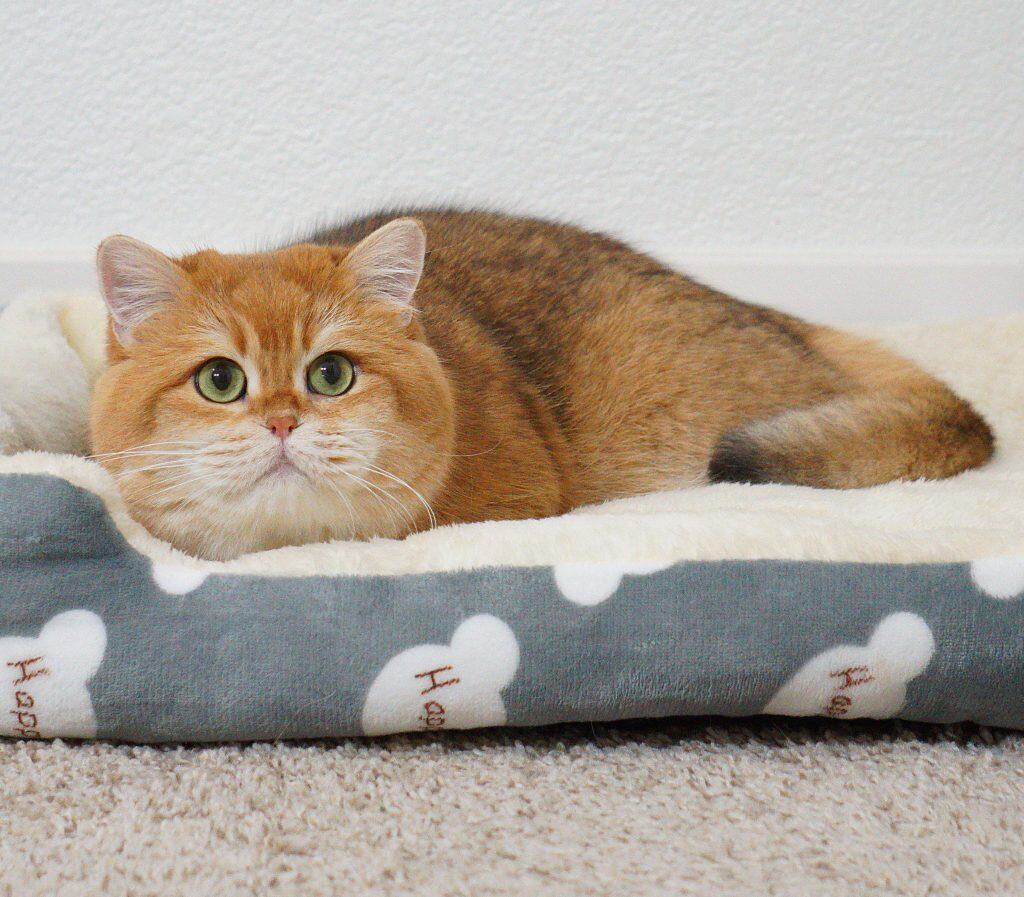
British Shorthair
Golden (Red) Chinchilla
ny 12
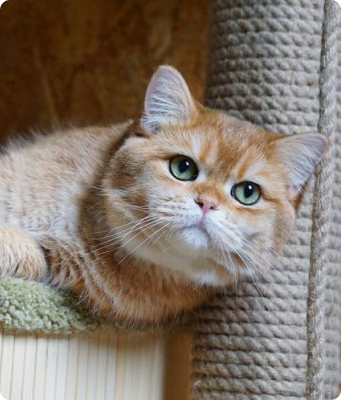
British Shorthair
Golden (Red) Chinchilla
ny 12
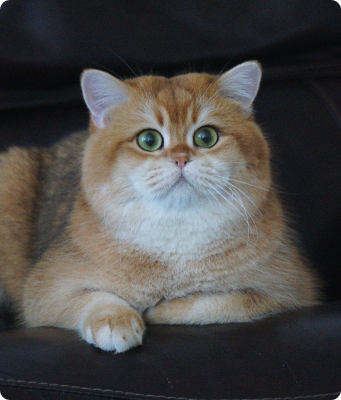
British Shorthair
Golden (Red) Chinchilla
ny 12

Frequently Asked Questions
What food do British Shorthair kittens eat? Best diet for healthy growth
We feed our British Shorthair and Longhair kittens a carefully balanced diet designed specifically for their breed and age.
They enjoy high-quality wet and dry kitten food rich in animal protein, along with occasional natural supplements for healthy bone and coat development.
We use Farmina Pet Foods, a high-quality holistic Italian brand. It provides optimal nutrition for British Shorthair kittens during their critical growth stage.
If switching food, gradually transition by mixing the current food with the new food over 1–2 weeks to avoid digestive upset.
We avoid fillers, artificial additives, and poor-quality ingredients to ensure optimal digestion and healthy growth.
Are British Shorthair kittens litter box trained before adoption?
Yes, all our British Shorthair and Longhair kittens are fully litter-trained before they leave for their forever homes.
We use natural, unscented litter and start training from a young age to ensure consistent, clean habits.
This is part of our socialization and daily routine, which helps your kitten adapt easily to a new home.
When can British Shorthair kittens go to new homes? Adoption age explained
Our British Shorthair and Longhair kittens are ready for adoption at 12–14 weeks of age.
By this time, they are fully weaned, socialized, and have received age-appropriate vaccinations and health checks.
Waiting until this age ensures kittens are emotionally and physically ready to adjust well to their new families.
Why spay or neuter British Shorthair kittens? Health and behavioral benefits
1. Better behavior and calm temperament
Neutered British Shorthair and Longhair cats are calmer, less aggressive, and less likely to spray or fight. Castration helps stabilize hormones, reducing stress-driven behaviors like loud meowing and territorial marking.
2. Prevents health issues
Neutering eliminates the risk of testicular tumors and reduces the chances of hormone-related diseases. It’s a proactive step for long-term feline health.
3. Reduces risk of escape
Unneutered males often try to run away to find a mate. Neutered cats are more home-centered and less likely to wander or get lost.
4. Eliminates strong urine odor
Castrated males no longer produce the strong-smelling urine used for territory marking, making the home cleaner and more pleasant.
5. Longer lifespan
Neutered and spayed cats generally live longer, healthier lives. They are less exposed to risks from fights, infections, or stress-driven behaviors.
📌 Recommended age for neutering: 6–8 months, before reaching sexual maturity. Spaying females provides similar health and behavior benefits.
Adoption Process
Contact Us
Get In Touch
Contact British Shorthair And Longhair Breeder in Northern California












